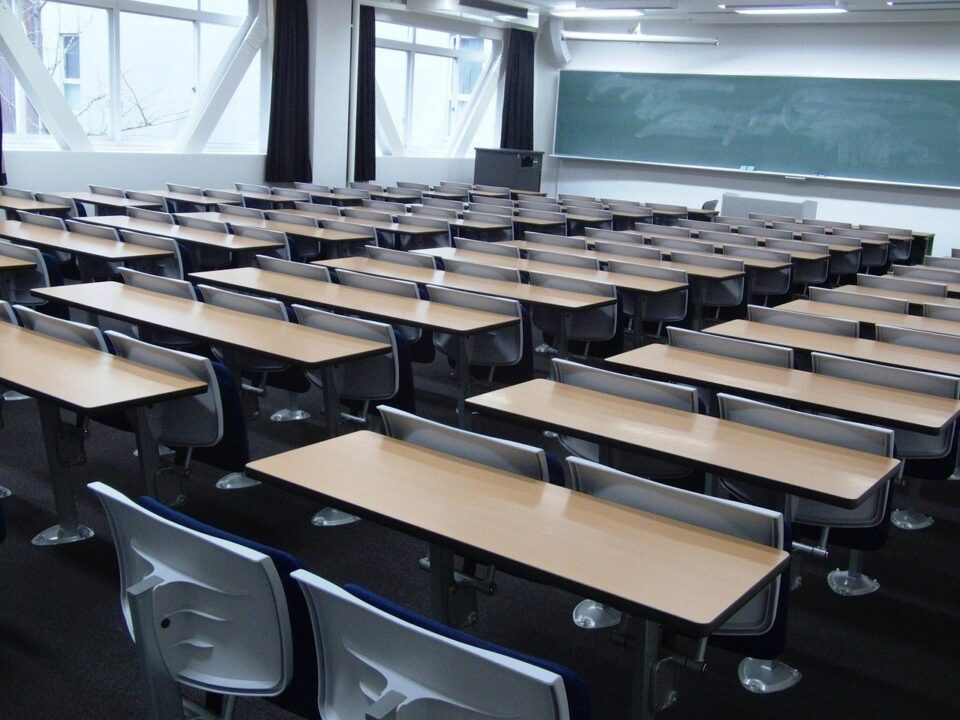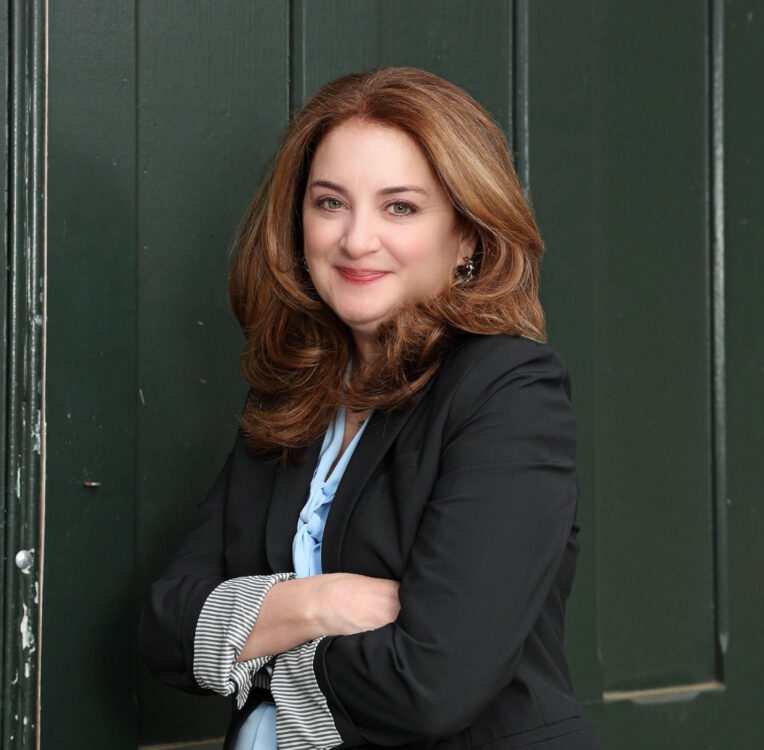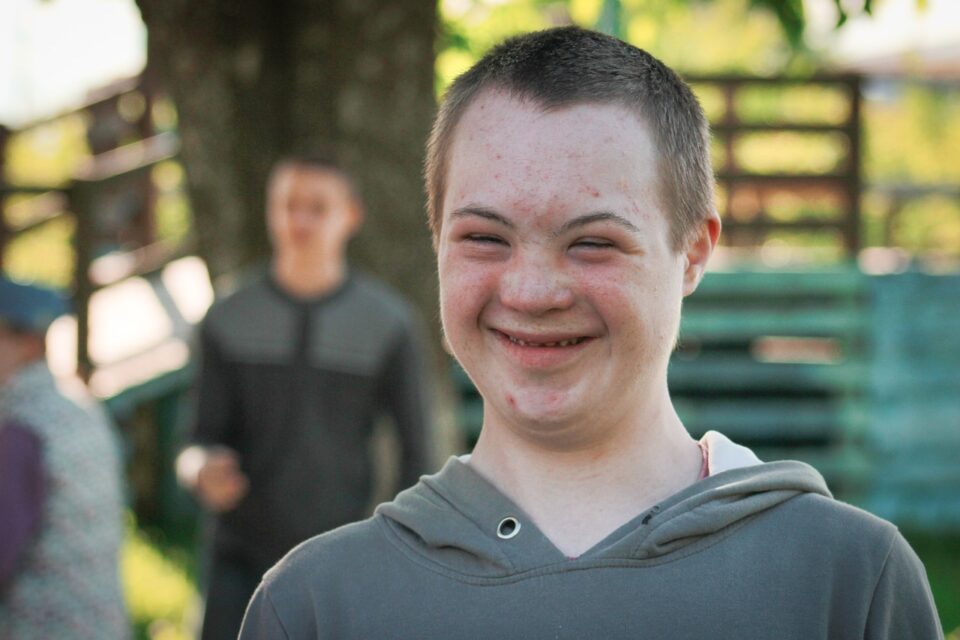This New Jersey Parent Summit Had Parents Fired Up and Ready to Go!
August 10, 2017Chris Cerf Unplugged: Charter Schools, Phil Murphy, NJEA, and Save Our Schools-NJ
August 14, 2017Can You Cough Up $20K a Year? Welcome To The Top New Jersey “Public” Schools!
Tuition Rates—2015-2016 RESOLVED, that the Board of Education approve the revised tuition rates for the 2015-2016 school year as follows:
Elementary Schools Pre-K Full-Day Program $13,000
Kindergarten Full-Day Program $16,953
Grades 1-5 $19,029
Grades 6-8 $17,691
Grades 9-12 $17,831
Special Education Autism $90,913
Learning and/or Language Disability $23,603
Cranbury Sending/Receiving Tuition Grades 9-12 $17,345
What you see here is a section of the Princeton Regional Public School Board’s April 2015 Minutes that set tuition rates for non-resident students. Ho hum? Not to Charlie Barone, director of policy at Democrats for Education Reform and Education Reform Now. In a piece published today, he throws shade on the conceit that traditional schools are really “public”: after all, you have to buy your way into great schools through the housing market.
But in a few school districts — Princeton, for example — parents can fork over $19K for elementary students and just under $18K for high schoolers, even if they don’t live there.
[S]tudents from any other district can apply for retail admission if their parents are willing to cough up another $18,000 per year on top of the taxes they pay in their own districts, as well as those they pay to the state to fund public education among whose beneficiaries is Princeton High School. If you play detective for an hour or two like I did and are willing to cobble together available data for years of varying recency, there are probably 20 students attending Princeton High “retail.” Even if your parents have the dough, Princeton doesn’t have to take you. They can set whatever other admissions criteria they like.
For those who have followed the travails of Princeton Charter School’s approved expansion, there’s an irony in the School Board’s virulent opposition to a kind of public school choice that doesn’t require affluence (charters) and its acquiescence to another form of public school choice that does (tuition). Princeton Charter wanted to add 76 K-2 students to its rolls and proposed a lottery weighted to advantage low-income students. The State approved the expansion. Princeton’s Board fought it tooth and nail, spending $100,000 in the process (well, hey, they’ll make it up with a year of 5 non-resident students) and forcing the charter to do so as well. The Board even got the town Planning Board to try to derail the expansion.
It didn’t work, by the way. Here’s a letter from PCS leader Larry Patton suggesting that the district and the charter collaborate on professional learning opportunities for teachers and community service opportunities for students.
Sure, it’s about money. Boards have to watch their bottom lines and the expansion will cost the district, according to Superintendent Steve Cochrane, $1.2 million a year. Then again, the district spends almost $25,000 per pupil per year, way more than far-needier Trenton, only 12 or so miles away. And it recently offered to buy Westminster Conservatory, a music college in Princeton owned by the cash-strapped Rider University, for a reported $50 million.
It’s not just about money.
Let’s circle back to Barone, who calls out the Manichean duality anti-choice people create between, to choose one iteration, traditional public schools and charter public schools. (See Randi Weingarten.) To wit: the leader of the anti-Princeton Charter School brigade is Julia Sass Rubin, also founder of the conveniently-Princeton-based Save Our Schools-NJ, the most fervent anti-choice groups in the state. Yet she and her Princeton buddies who can afford to live in a town where the average home costs $1.160 million fight parents like those who attended last weekend’s NJ Parent Summit who would give anything for access to Princeton’s academic wealth.
But they can’t get in. Only rich people can get in. That’s one of the reason why we need public charter schools. Why is that so hard to understand?




